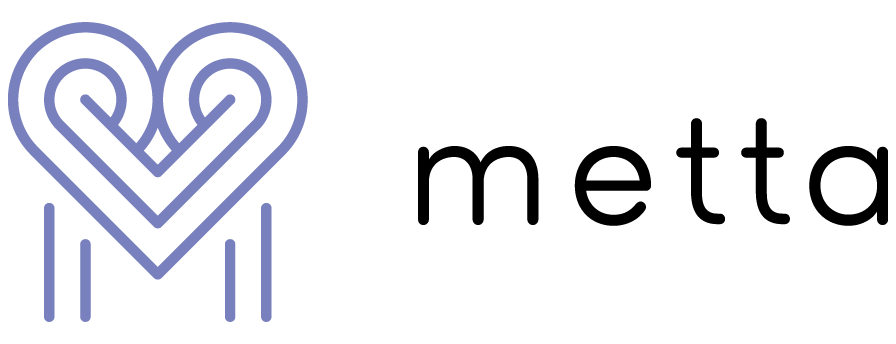Journey of overcoming childhood trauma and reconnecting to aliveness
Childhood trauma can have a lasting impact on our lives and shape the way we see ourselves and the world around us.
This trauma can significantly affect a person's emotional, psychological and physical health. For example, it can manifest itself in feelings of not being loved or seen, leading to a sense of emptiness and despair. But as adults, we have the power to heal from these traumas and reclaim our lives.
Healing from complex trauma is not straightforward and cannot be forced.
It is a complex and vulnerable process as we challenge our adaptive mechanisms that are designed to suppress frightening emotions for a reason. As a child, we often have to foreclose emotions and bodily sensations to protect our relationship with a caregiver. Understanding the reasons for suppressing parts of ourselves in childhood is key to working through childhood trauma.
The healing process involves working through emotions such as anger, rage, grief, and fear associated with experiences of abuse, neglect and chronic misattunement. At first it can be difficult to feel and integrate these emotions. But over time, as we process them, we build the inner capacity to tolerate the intensity of our aliveness. It is essential to understand that healing complex trauma is not just about held emotions and energy, but also about examining and transforming internalised, deep-seated beliefs about ourselves that form our identity and self-worth.
With patience, compassion and support we can improve our self-awareness, (re)connect with disowned parts of ourselves and achieve deeper states of joy, openness and aliveness.
This forms a foundation for reclaiming our self-esteem and building a happier and healthier future.
Ultimately, the journey of healing from childhood trauma is a deeply personal one, and there is no one-size-fits-all approach.
However, there are effective modern treatments, among which the NeuroAffective Relational Model stands out - two-year advanced professional training starts in Slovenia this October 2023.
Karima Valentina Hočevar and Metka Kuhar, Mudita Institute

